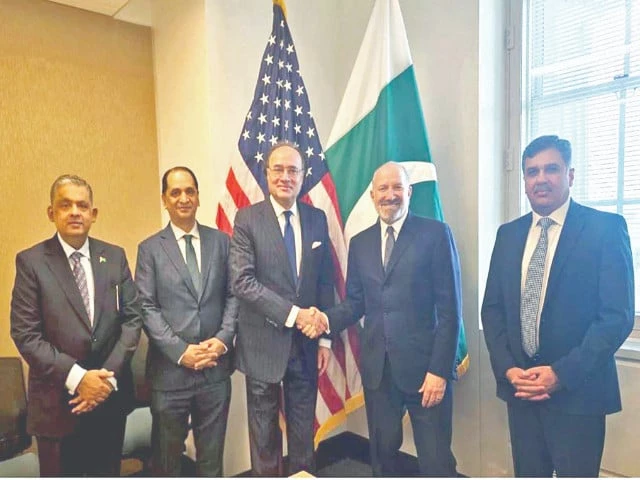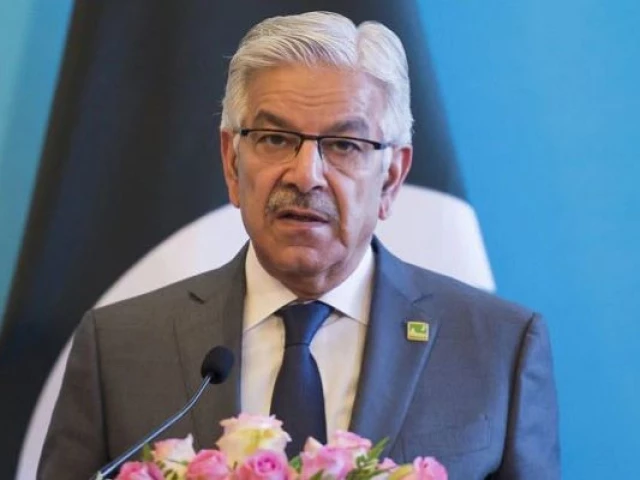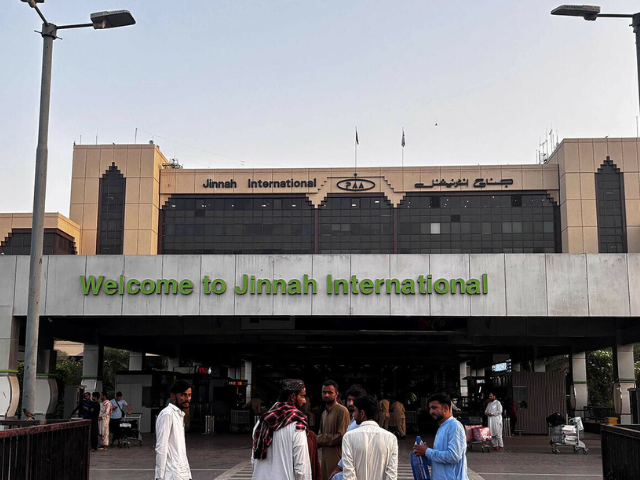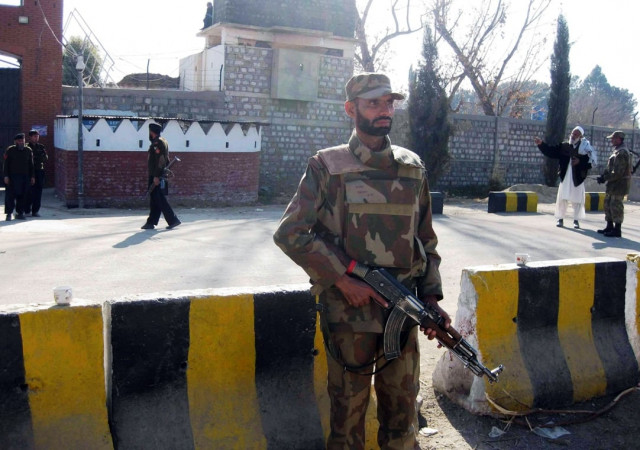Understanding the New US-Pakistan Trade Deal: What You Need to Know
The recent US-Pakistan trade agreement has stirred quite the conversation, especially with the promise of lower tariffs and increased market access. As a citizen, you might be wondering what this means for you and the economy overall. Let’s break it down in simple terms.
Firstly, the deal is expected to allow Pakistani exports to enjoy lower tariffs compared to regional competitors like India and Vietnam. Finance Minister Muhammad Aurangzeb even described it as a "real win-win deal." What this means is that while the US could export goods to Pakistan at virtually zero tariffs, Pakistani producers will have a bit more elbow room in selling their products to American consumers without facing excessive taxes.
One fascinating aspect of this agreement is the variety of sectors that the US is looking to invest in. From energy to digital infrastructure, these sectors not only promise jobs but also a boost in local businesses. More investment usually means better technologies and improved services for consumers, something we all appreciate.
However, while it sounds promising, there are still some concerns about pricing. Although zero tariffs can lead to lower costs for consumers, imported goods may still end up being pricier than local options. For instance, while the US might push for zero tariffs, they might not necessarily compete with Chinese goods directly on price.
Additionally, this trade deal isn’t just about tariffs; it’s also about building a more robust relationship between the two countries. There’s talk of joint ventures in energy sectors and even potential collaborations in exploring Pakistan’s untapped oil reserves, which could bring further benefits down the line.
Yet, it’s vital to remember that negotiations are still ongoing. The effective date for these changes might not kick in until July 2026, depending on legislative adjustments required in the US. This means that while the idea of cheaper goods and increased exports sounds great, the timeline is still a work in progress.
It’s crucial to stay informed and engaged, especially as the situation evolves. If you’re interested in deeper insights into such economic developments, or if you want to explore how such trade agreements can impact your business and lifestyle, consider connecting with Pro21st. They offer valuable resources and guidance in navigating these complex discussions.
In conclusion, the US-Pakistan trade deal has the potential to reshape economic landscapes. With thoughtful actions and ongoing dialogue, both countries can benefit from this partnership, paving the way for a brighter economic future.
At Pro21st, we believe in sharing updates that matter.
Stay connected for more real conversations, fresh insights, and 21st-century perspectives.





